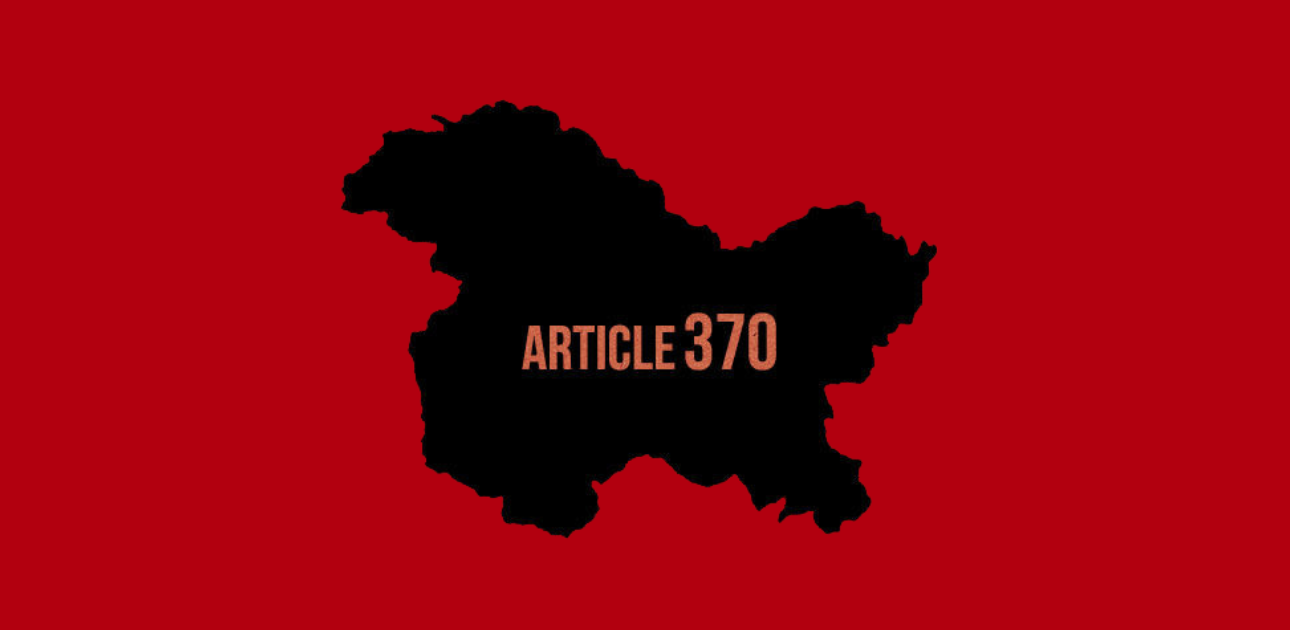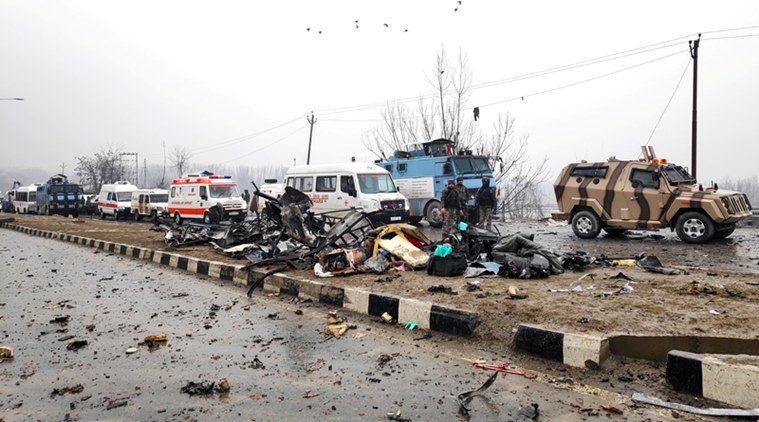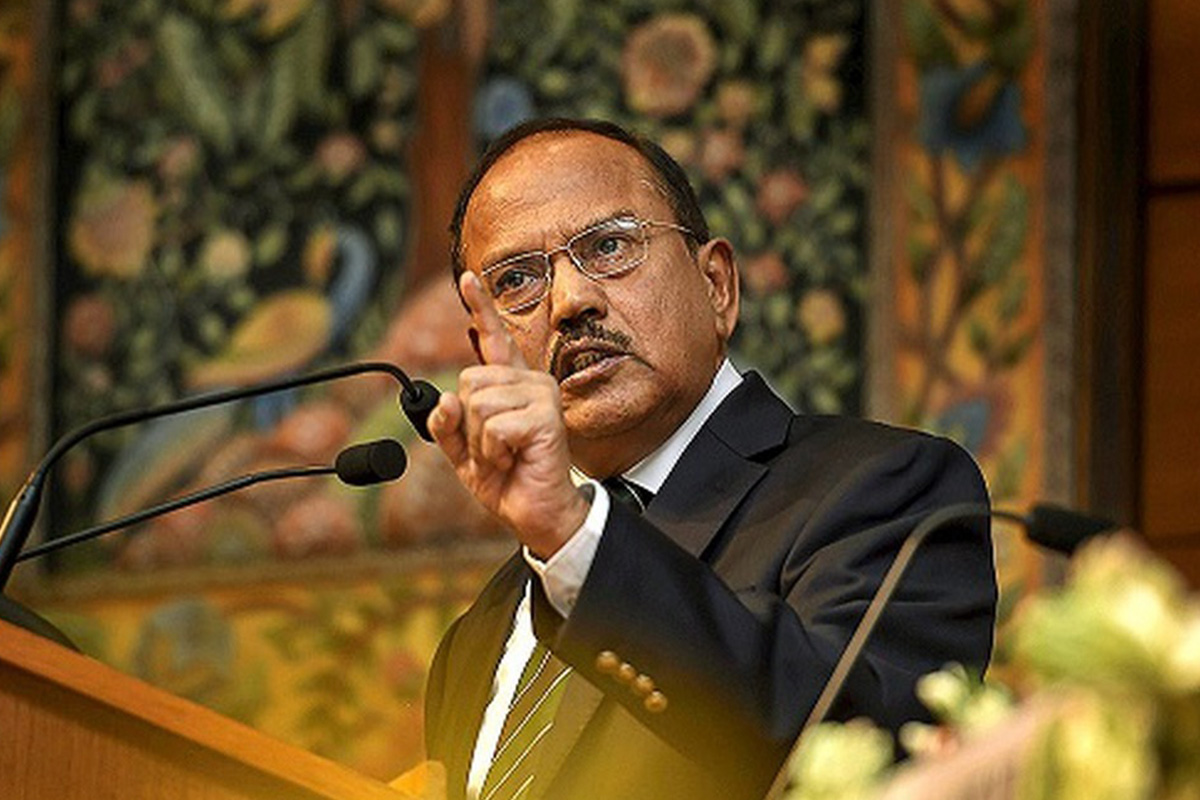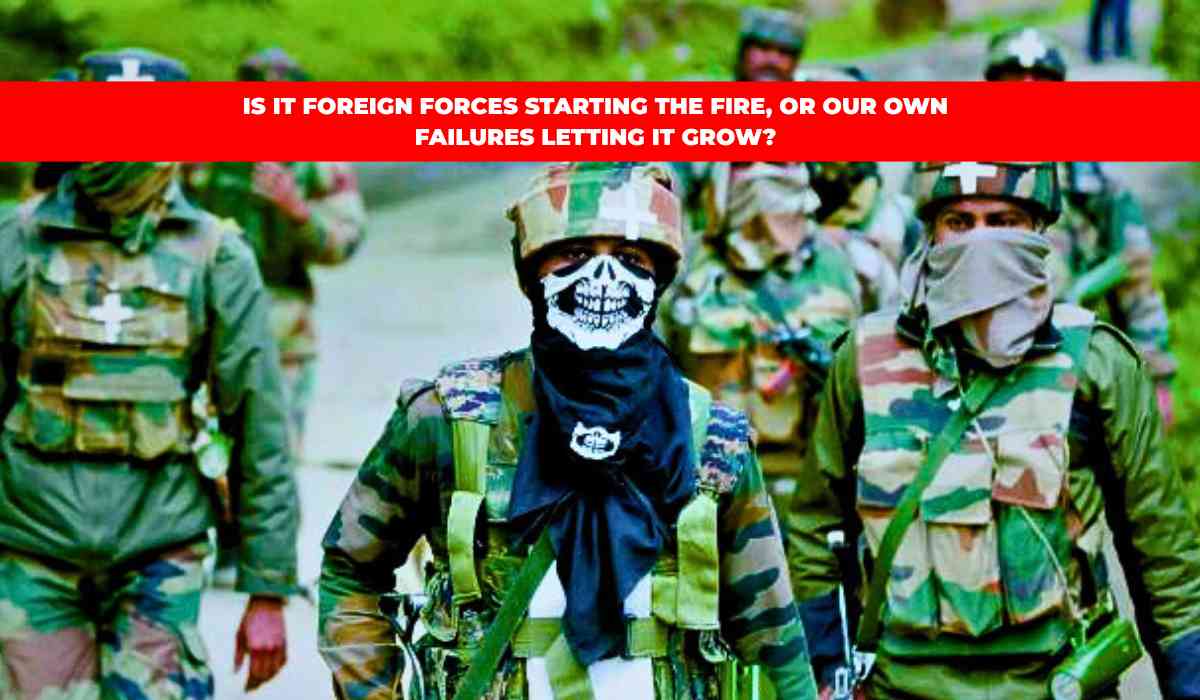The recent Pahalgam terror attack in Jammu and Kashmir, which claimed the lives of at least 28 civilians, mostly tourists, has once again shaken the narrative of peace and security touted by the Indian government post the abrogation of Article 370 in 2019. This attack, claimed by The Resistance Front—a proxy of the Pakistan-based Lashkar-e-Taiba—raises critical questions about the state of security in Kashmir and whether such incidents are being leveraged to divert public attention from deeper national issues.

Where Is the Security in Kashmir?

Since the revocation of Article 370, the government has repeatedly asserted that Jammu and Kashmir is on a path to peace, development, and normalcy. Official data highlights a remarkable decline in terrorist incidents, stone-pelting, and strikes, alongside a surge in tourist arrivals and electoral participation, painting a picture of restored law and order. Yet, the Pahalgam attack brutally contradicts this narrative, exposing glaring security lapses.
The attack occurred in a popular tourist spot, Baisaran meadow, accessible only by foot or pony, where militants disguised as policemen opened fire on civilians. Survivors reported chilling tactics such as singling out non-Muslims and testing victims’ religious identity before killing them. This level of infiltration and operational freedom for terrorists in a supposedly secured zone is alarming.

Moreover, this is not the first such incident. The 2019 Pulwama attack, which killed 40 CRPF personnel, was officially declared not due to intelligence failure by the government, despite widespread criticism and calls for accountability. Similarly, after Pahalgam, the government’s immediate response has been to label it a terrorist attack and initiate manhunts, but questions remain about preventive intelligence and ground-level security measures.
Is the Issue Being Stretched to Mask Larger National Problems?

The timing and handling of such terror incidents often lead to speculation about their use as political tools. The government’s narrative of Kashmir’s safety and progress is a cornerstone of its political agenda, especially under Prime Minister Narendra Modi’s leadership. Yet, repeated attacks undermine this claim and risk eroding public trust.
Critics argue that the government might be using the terror threat narrative to overshadow pressing national issues such as economic challenges, including the impact of tariff policies and other governance flaws. The focus on terrorism and security can serve as a convenient distraction from debates on economic slowdown, unemployment, and policy failures.

This is compounded by the fact that after major terror incidents, there is often a surge in nationalist rhetoric and a clampdown on dissent, which can stifle critical discussions about governance. The government’s swift condemnation and promises of justice post-Pahalgam, while necessary, should not preclude a transparent evaluation of security failures or broader policy critiques.
Conclusion

The Pahalgam attack is a stark reminder that despite official claims, Kashmir remains vulnerable to terrorism. The government’s assurances of peace post-Article 370 abrogation are contradicted by such incidents, raising serious concerns about the effectiveness of security apparatus and intelligence.
Furthermore, the pattern of responding to terror attacks with rhetoric rather than systemic reform risks turning these tragedies into tools for political distraction. It is imperative for the government to not only strengthen security measures but also foster an environment where national issues, including economic and governance challenges, can be addressed openly without being overshadowed by recurring terror narratives.

Ultimately, Kashmir’s peace and India’s national progress depend on honest assessments, accountable governance, and security strategies that protect citizens rather than serve political expediency. The Pahalgam attack should be a wake-up call to move beyond slogans and ensure real safety and development in the region.
With inputs from agencies
Image Source: Multiple agencies
© Copyright 2025. All Rights Reserved Powered by Vygr Media.

















